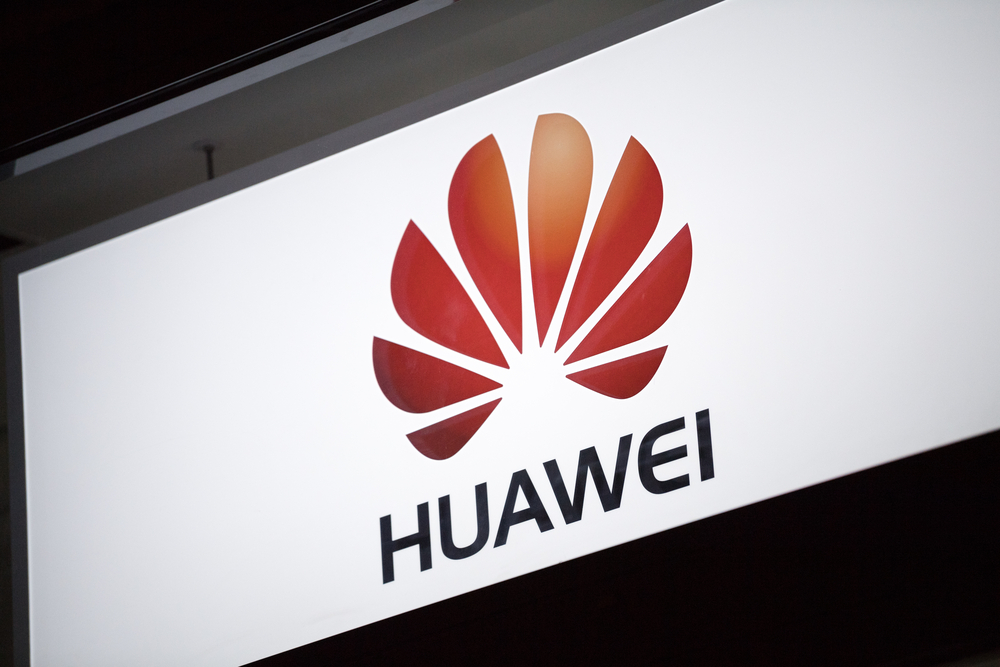Chinese telecommunications gear giant Huawei Technologies is in talks with banks to raise about USD 2 billion, even as the company remains on a US trade blacklist that has barred it from doing business with American companies.
Huawei hopes to raise the money through loans and bond sales outside China, according to a report in The Information, which cited people familiar with the matter. How much Huawei will end up raising and how many banks will be part of the deal remains unclear.
Huawei’s intention to raise funds comes as the Shenzhen-based company comes under increased scrutiny from the US and countries in Europe over security concerns related to its telecommunications equipment, especially now that Huawei has branded itself the front runner when it comes to providing 5G gear.
Washington believes that Huawei equipment could be used as a conduit for Chinese intelligence activities, even though the company categorically denies these accusations and insists it would never spy for the Chinese government.
The company has for years worked with many international banks, but lenders could be reluctant to deal with it to reduce potential risks, especially following the recent US campaign against Huawei.
Huawei declined to comment.
Last year, UK-listed HSBC became embroiled in US lawsuits against Huawei and its chief financial officer Meng Wanzhou, over allegations that Huawei conducted business in Iran in violation of US sanctions.
In 2017 HSBC terminated its relationship with Huawei after the bank became concerned over the Chinese company’s business practices, according to the indictment against Huawei and Meng, which also alleges that the telecoms firm had misrepresented its dealings in Iran not just to HSBC but also to several other banks.
In late December, Huawei said that its revenue for 2019 had jumped 18% to USD 122 billion, despite being placed on the US Entity List. However, Huawei’s rotating chairman Eric Xu told employees that 2020 will be a challenging year as Huawei is likely to remain on the US trade blacklist, which has cut off its access to US software such as Google services on Android, as well as preventing it from purchasing US semiconductors and components.
